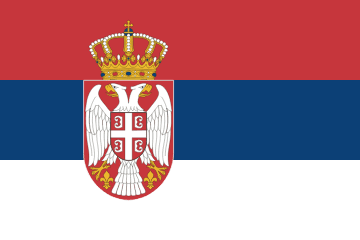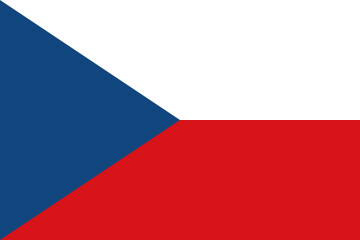A Blueprint for a future Data Space dedicated to the Holocaust
The European Memory Data Space (EMDS) – Blueprint project aims to develop a Blueprint for a future Data Space dedicated to the Holocaust. This European Common Data Space will enable structured data-sharing approaches and advanced technologies to enhance Holocaust remembrance. The project takes inspiration from the Stolpersteine (stumbling stones) —the largest decentralized Holocaust memorial in Europe— by creating a new virtual layer that connects personal data, documents, and stories with the memorialized individuals.
The initiative engages a diverse set of stakeholders, including:
- Holocaust research and education organizations
- Historians, educators, archivists, and digital experts
- Stolpersteine activists and remembrance organizations
- Municipalities and regional authorities
- European policymakers
The project seeks to co-design the Data Space concept through intensive events and workshops, ensuring inclusivity and broad participation.
Main Activities
A total of 21 events are planned across the three key phases:
Exposition Phase (Events 1-3)
- Introduces the concept of Data Spaces to the consortium and key external stakeholders.
- Establishes foundational knowledge-sharing and networking.
Analysis Phase (Events 4-16)
- Involves intensive workshops and discussions with diverse stakeholder groups:
- Stolpersteine organizations
- Holocaust educators
- Archivists and digital historians
- Jewish cultural route organizations
- City and regional representatives
- Technologists
- Focuses on identifying community needs, potential risks, and use cases.
Conclusion Phase (Events 17-21)
- Summarizes insights from previous phases.
- Presents findings to European institutions and funding bodies.
- Outlines governance and sustainability strategies for the future Data Space.
Expected Outcomes and Outputs
The project is expected to deliver:
- A Blueprint for the European Memorialisation Data Space – a strategic framework for developing and implementing Holocaust-related data infrastructures.
- Comprehensive Stakeholder Reports – documentation of findings from all workshops and events.
- Integration Guidelines – recommendations on incorporating Holocaust-related content into education, heritage tourism, and remembrance initiatives.
- Engagement and Awareness – fostering stronger collaboration among European institutions, regional organizations, and community activists.


.png)

.png)



